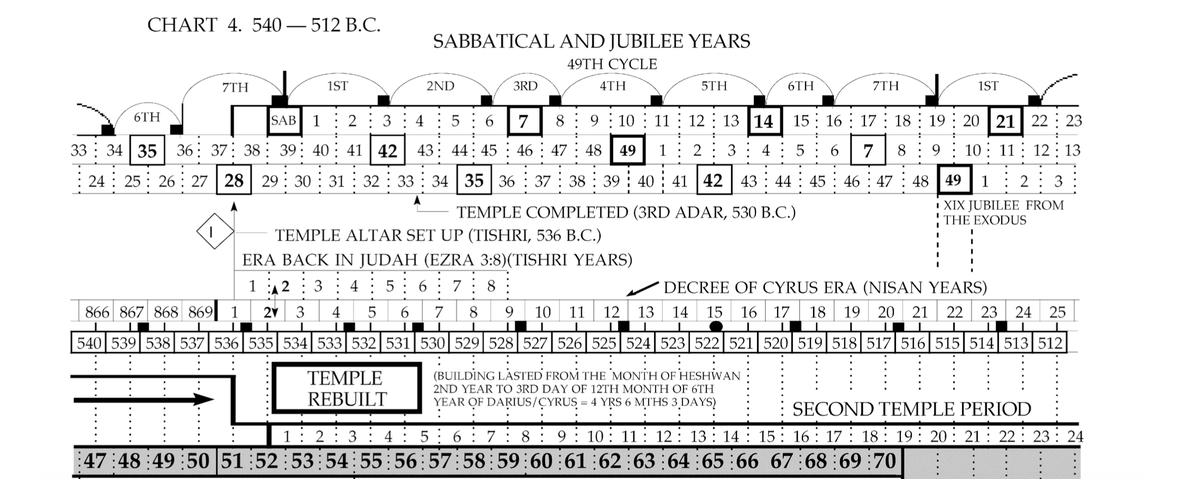Gideon’s story is no exception.
The name of Gideon’s servant is Purah (פורה), which means ‘wine-press’.
And that’s where we find Gideon holed out at the start of his story.
(For context, see Prov.’s refs to אשת מדינים, which I’ll leave untranslated for now.)
He refers to his own deeds as ‘the vintage of Abiezer’ (בציר אביעזר) (since he’s an Abiezrite),
and the Ephramites’ deeds as ‘grapes gleaned’ (עללות) from a grape harvest.
With a bit of poetic license, it can be rendered as ‘lumberjack’ (גדע + /ān/ ⇒ /ōn/?),
which is pretty much the role Gideon fulfils in ch. 6.
And, since no-one else has done so, Gideon gets nominated for the job.
which are the kind of names people liked to have in those days, particularly if they were military leaders.
and Zeeb, the hunter, becomes the hunted.
which make an equally ironic pair of names.
‘Zebah’ (זבח) ends up slaughtered like a ‘sacrifice’ (זבח),
and the name ‘Zalmunna’ seems to work nicely too,
since Zalm (צלם) is an ancient deity name,
As for how ‘Zalmunna’ might be meant to be read:
Hence, the pair of names ‘Zebah and Zalmunna’ (זבח וצלמנע)--which invariably appear in that order in Scripture--can plausibly be read,







